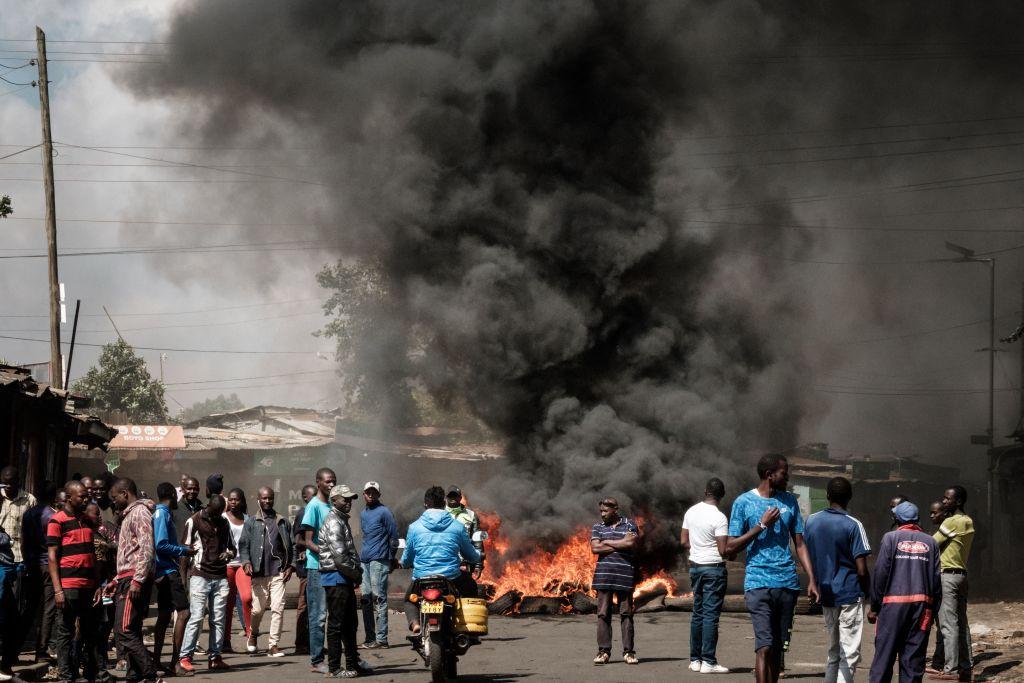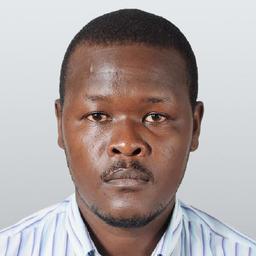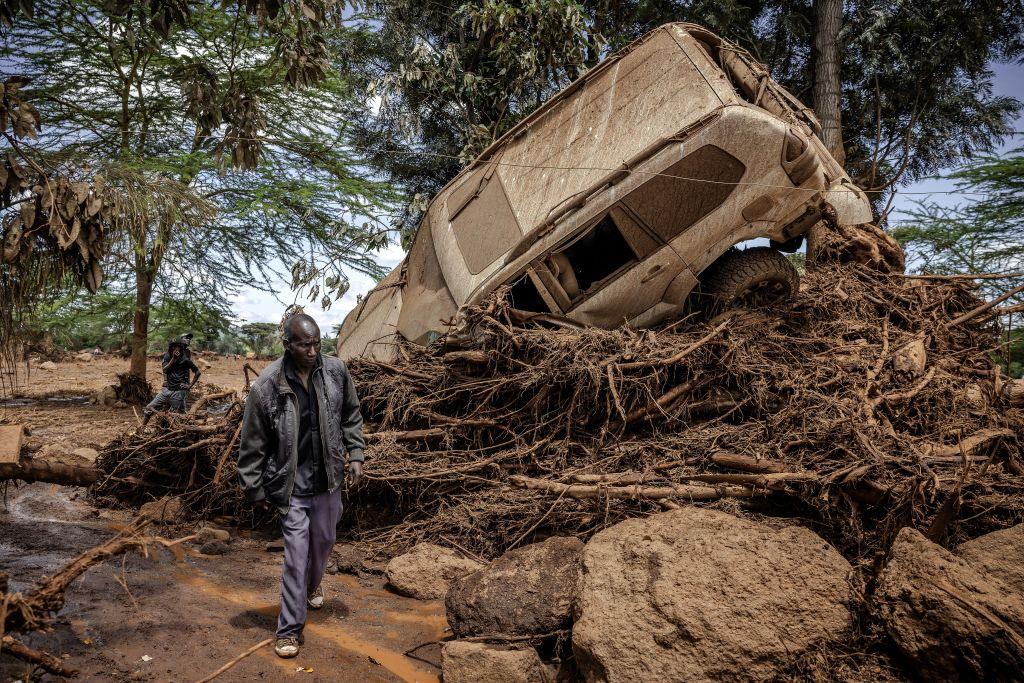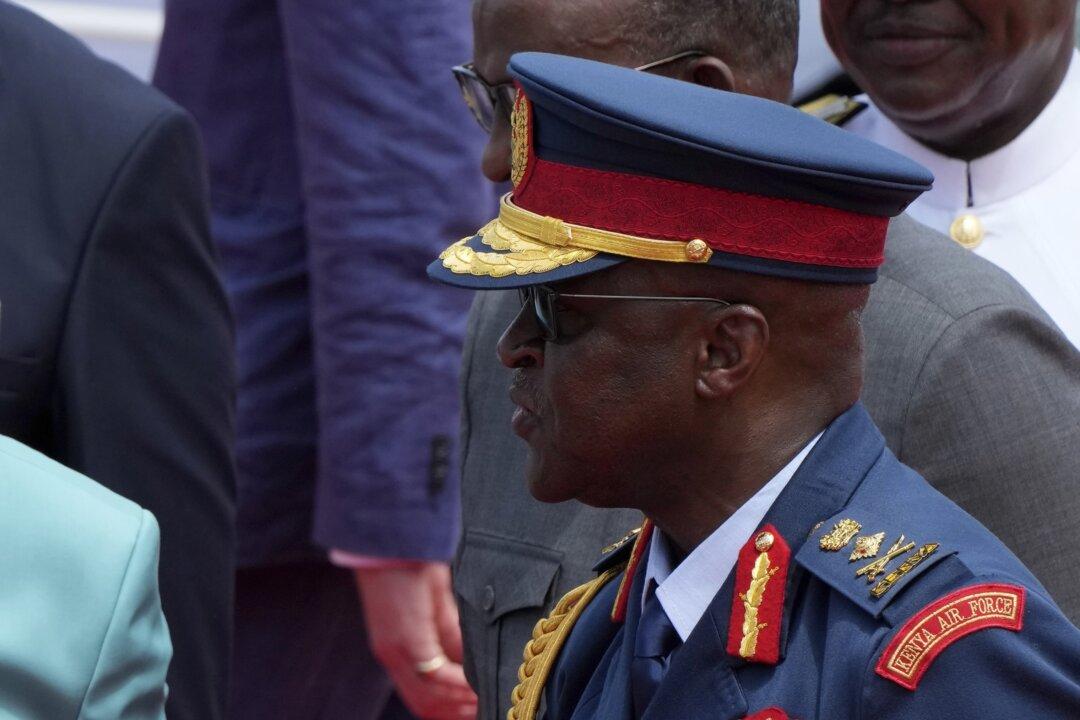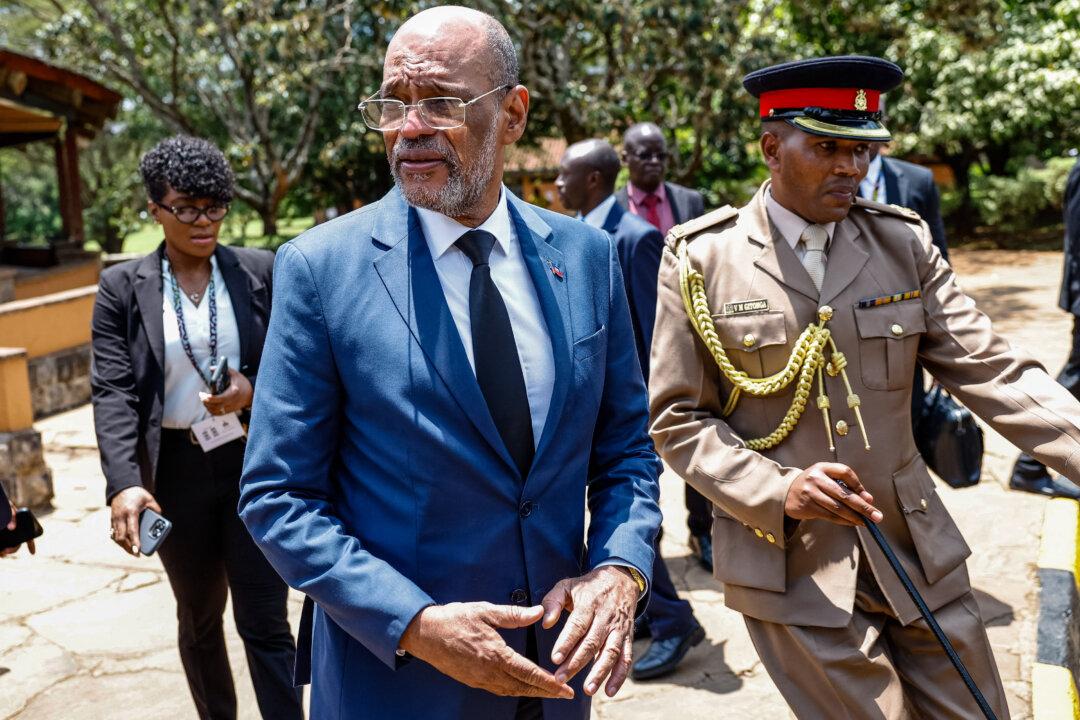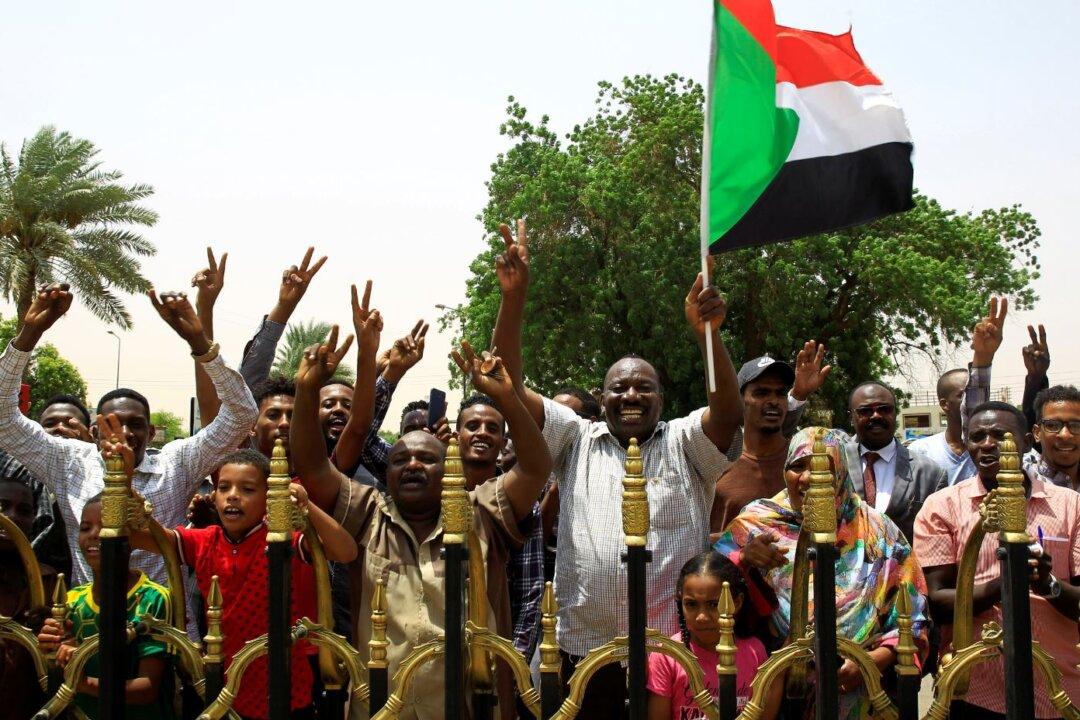NAIROBI, Kenya—Kenyans have witnessed another wave of demonstrations across the country that have resulted in property destruction in Nairobi and parts of the Western counties surrounding the Lakeside city of Kisumu.
The protests, which started on March 20, were called by former Prime Minister Raila Odinga, who is seeking to unseat President William Ruto, who he blames for the high cost of living while also claiming that he stole the 2022 presidential election.
